Tulail Valley : Where Nature Paints the Sky!



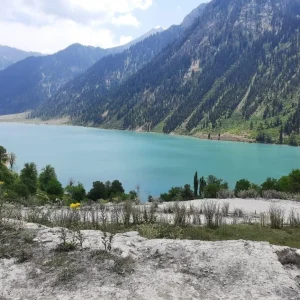

Table of Contents
Toggle1. Introduction
Virgin Tulail Valley, lying deep in the snow-covered Himalayas of Jammu & Kashmir, is a paradise untouched. With its serene beauty, meandering rivers, dense forests, and remote villages, it is a solace for every nature lover, adventure enthusiast, and peace lover. Lying in the Gurez sector, Tulail offers an authentic experience of Kashmir’s pastoral life, far away from commercialization like other tourist spots in the region.
2. Geography and Location
Tulail Valley is considered to be situated north of the more famous Gurez Valley within the Greater Kashmir region. LoC separating both India and Pakistan has Tulail Valley closer to the former. The valley spans down the Kishanganga River, offering breathtaking views of the snow-clad mountains and green landscapes. The height of the valley is almost 7000-11,000 ft, offering a cool climate in summers and heavy snowfall in winters.
a. Nearest Towns: Dawar (Gurez) and Bandipora
b. Access Points: Bandipora (from Srinagar)
c. Distance: About 190 km from Srinagar
d. Travel Route: Srinagar → Bandipora → Razdan Pass → Dawar → Tulail
The valley is isolated, void of minimum modern facilities, but that also is the beauty of the place.
e. Geographical Layout: The topography comprises of rugged terrain, glacial streams, plush green meadows, and traditional wooden houses scattered across the villages.
3. History and Culture
Tulail Valley shares history with the Gurez and broader Kashmir region. Essentially, it is part of the ancient Dardistan, which includes the Dard Shin tribes that are still living in this valley. It played a role in trade routes between Central Asia and the Indian subcontinent.
a. Ethnic Groups: Predominantly Dard and Kashmiri
b. Languages: Shina, the local Dardic language, Kashmiri, and Urdu
c. Culture: Tulail Valley possesses a distinctive Dardic culture. Houses are traditionally made of wood, and the people there live pastoral lives, depending mainly upon cattle and farming. Festivals and folk stories mirror the traditional ways of the valley, and the most major cultural events fall around the time of harvest and religious holidays.
4. Best Time to Visit
From May to September, during the summer months, is considered a high time to visit Tulail Valley when the weather is both pleasant and the route is accessible. Winters are beautiful but with heavy snowfall, the valley becomes almost unreachable.
a. Summer: The clear skies, blooming meadows, and generally pleasing weather make for a perfect campsite for trekking, sightseeing, and cultural exposure.
b. Monsoon: This is the time when, though it rains in the valley, yet it is a very good time to come here because there are less tourists and the greenery is also at its best.
c. Winter: If one is prepared for zero degree temperature and makes arrangements for a safe journey, the valley gets covered under a thick layer of snow and presents a beautiful sight, but remembers that it is a lean period and all the tourist machinery comes to a grinding halt during this time.
5. How to Reach Tulail Valley
a. By Road
i. From Srinagar: Tulail is at a distance of around 8-10 hours from Srinagar. The drive through Bandipora and Razdan Pass is scenic, yet rugged. Razdan Pass is at 11,672 feet above sea level and provides an excellent view of the peaks and valleys that surround it.
ii. From Gurez: The valley can also be accessed via Gurez. The road runs parallel to the Kishanganga River.
Note: The routes are tough and, during winter, receive snowfall. It is recommended one travels in a strong vehicle, preferably 4×4, and checks the local travel advisory.
2. By Air
The closest airport is the Srinagar International Airport, which is located around 170 kilometers away from Bandipora. Upon arrival, one may hire a taxi to reach the town of Bandipora and then by road to Gurez and Tulail.
3. By Train
While the nearest railway station is in Jammu, the train connectivity is pretty far from the valley. You have to travel by road right from Jammu to Srinagar and then to Bandipora and beyond.
6. Accommodation
Basic guesthouses and homestays are available in Tulail Valley when compared to other tourist destinations in Kashmir. For those travelers who want to be amongst the people, homestays are a good way of experiencing the traditional Dardic culture by lodging with a local family.
a. Homestays: Available in the villages of Sheikhpora and Chorwan.
b. Guesthouses: Some guesthouses are available in the main Dawar town of Gurez Valley, from where one can travel to Tulail.
7. Things to Do in Tulail Valley
a. Trekking and Hiking
One can find some numbers of trek routes in Tulail Valley for adventurers starting from easy walking to difficult tracks. The surrounding mountains are a host to many unexplored passes and valleys; hence, it is an excellent destination for adventurous people.
i. Naukund Pass: A High-altitude trek that connects the Tulail with Naukund Valley.
ii. Razdan Pass: Though not strictly a trek, the drive up to Razdan Pass yields panoramic views and opportunities for short hikes.
iii. Village Hopping: Hiking between small villages like Sheikhpora and Gujran is a soft way of being introduced into the lives and culture of the locals.
b. Fishing
Kishanganga River is full of trout and several other fish species, making it an ideal destination for anglers. People often come to this valley for fishing in its crystal clear water maintained by glaciers.
c. Cultural Exploration
Interact with the local people of Dard Shin, their way of life, customs, and traditions since time unknown, or watch their skills in wood carvings in houses and artifacts.
d. Photography
For photographers, Tulail Valley is a dream come true. From the snow-capped peaks to the lush meadows and scenic rivers, Tulail offers endless opportunities to shoot brilliant landscapes.
e. Camping
Camping in the valley presents an outstanding way to have an experience of the natural beauty and tranquility. A number of beautiful spots near the river and in the meadows make for grand camping grounds.
f. Wildlife Spotting
The area around Tulail hosts several species of wildlife, including the Himalayan brown bear, ibex, and snow leopards, though these are very rare. Birdwatchers can also spot species such as the Himalayan monal and various other migratory birds.
8. Flora and Fauna
The varied ecosystem of this valley boasts rich flora and fauna. During summer, this alpine meadow is carpeted with wild flowers, and the topography usually remains covered with thick coniferous forests. It offers shelter to some species of wildlife like:
a. Mammals: Himalayan brown bear, ibex, snow leopard (very rare), and foxes.
b. Birds: Himalayan monal, pheasants, and several migratory birds.
c. Flora: Coniferous forests of pine, deodar, and fir dominate here, while during summer, the valley floor is captured by wild flowers.
9. Travel Tips
a. Safety and Permits: As it is very close to the LoC, special permits, especially for foreigners, have to be taken to visit this Tulail Valley. The permission can be issued from Srinagar or Bandipora.
b. Communication: The cellular network is hardly available, only BSNL occasionally connects. It will be better if the family members or friends are informed in advance about the trip.
c. Travel Gear: Carrying good quality trekking shoes, adequate woolens even during summer and the camping gear if one plans for the trek or camp.
d. Culture: Being respectful of the local culture and traditions. Community is a very traditional, so dress modestly and ask for permission for people or houses photograph.
10. Conclusion
Tulail Valley presents a virgin arcade of heaven in the Kashmir region, teeming with nature’s beauty, adventure, and cultural richness. For any people who would not like to get lost amongst a throng of people and intend to explore an unexplored valley, it promises to be an unforgettable experience. Situated right in the heart of the Himalayas, it offers a trekker, photographer, and seeker of peace and quiet an immersive connect with nature and a peek into the ancient way of life.
How to book a trip to Tulail Valley, India with Charzan Holidays?
For a seamless and exceptional booking experience, contact Charzan Holidays at reservations@charzan.in or call us at +919622224473.
Frequently Asked Questions
1. What is Tulail Valley? | |
| Tulail Valley is a picturesque valley located in the Gurez region of Jammu and Kashmir, India, known for its stunning landscapes, lush meadows, and rich biodiversity. | |
2. Where is Tulail Valley situated? | |
| Tulail Valley is situated approximately 130 kilometers from Srinagar and is accessible via the Gurez Valley, which is a part of the Bandipora district. | |
3. What is the best time to visit Tulail Valley? | |
| The best time to visit is from May to October, when the weather is pleasant, and the valley is lush and vibrant. | |
4. What activities can I do in Tulail Valley? | |
| Visitors can enjoy trekking, camping, photography, fishing, and exploring the local culture and traditions of the Gujjar and Bakerwal communities. | |
5. How can I reach Tulail Valley from Srinagar? | |
| Tulail Valley can be reached by road from Srinagar, usually via Bandipora and Gurez, with local transport options available. | |
6. Is Tulail Valley safe for tourists? | |
| Yes, Tulail Valley is generally safe for tourists. However, it’s advisable to check current travel advisories and stay informed about local conditions. | |
7. Are there accommodations available in Tulail Valley? | |
| Accommodation options are limited, but there are some guesthouses and camps available for visitors. Camping is also popular in the area. | |
8. What wildlife can be found in Tulail Valley? | |
| Tulail Valley is home to various species of flora and fauna, including Himalayan wildlife such as black bears, leopards, and diverse bird species. | |
9. What are the key attractions in Tulail Valley? | |
| Key attractions include the breathtaking landscapes, lush meadows, and traditional villages that showcase the local culture and lifestyle. | |
10. Is there mobile network coverage in Tulail Valley? | |
| Mobile network coverage can be limited in Tulail Valley, so it’s advisable to inform someone about your plans and carry necessary supplies. | |
11. Can I go fishing in Tulail Valley? | |
| Yes, fishing is possible in the nearby streams and rivers, but it’s essential to check local regulations and ensure sustainable practices. | |
12. What is the elevation of Tulail Valley? | |
| Tulail Valley is situated at an elevation of approximately 2,400 meters (7,874 feet) above sea level. | |
13. Are there any environmental concerns to consider while visiting? | |
| Yes, visitors should practice eco-friendly tourism by not littering, respecting wildlife, and following guidelines to preserve the natural environment. | |
14. Can I trek to nearby areas from Tulail Valley? | |
| Yes, Tulail Valley serves as a base for several trekking routes, offering opportunities to explore the surrounding mountains and valleys. | |
15. Are there guided tours available for Tulail Valley? | |
| Yes, several local tour operators offer guided tours and trekking packages to Tulail Valley, providing insights into the region’s ecology and culture. |



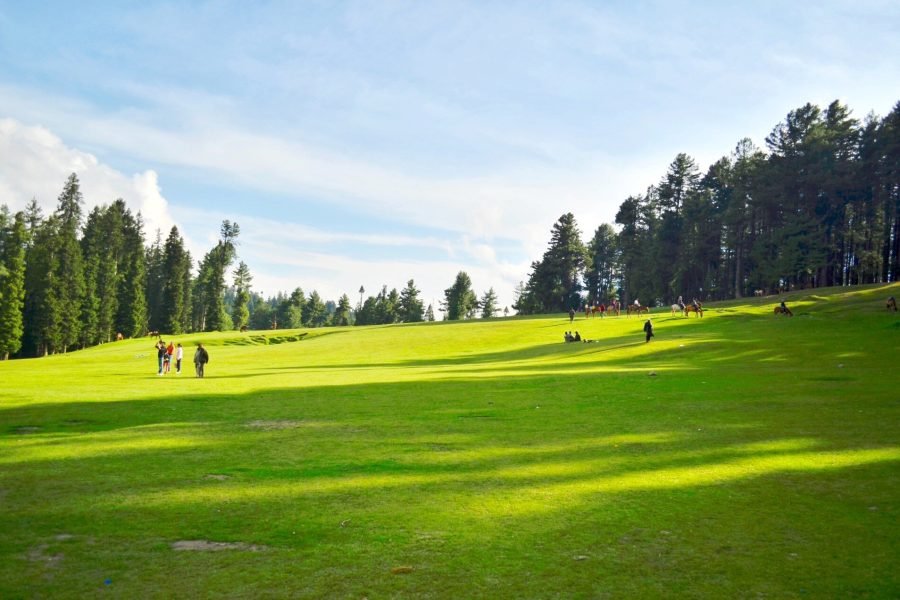
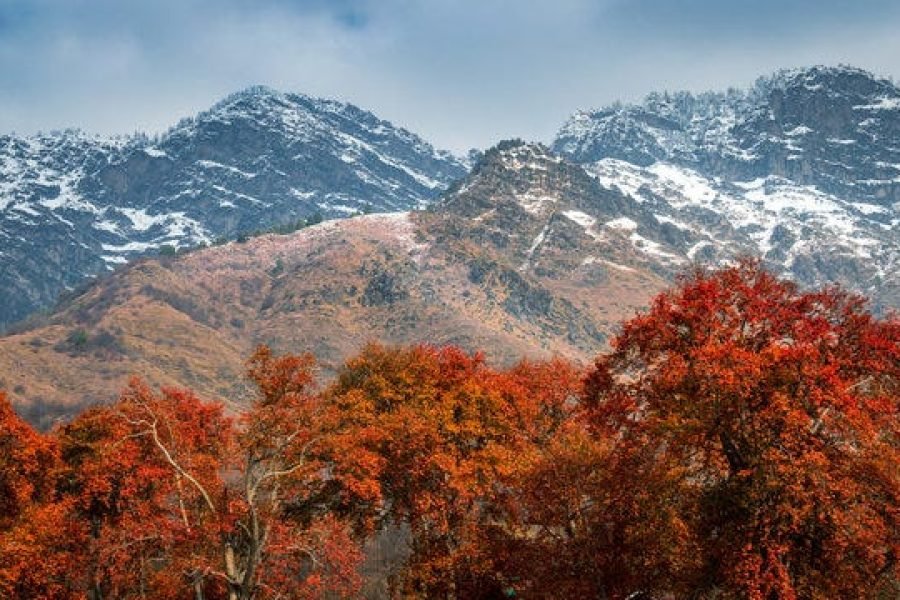
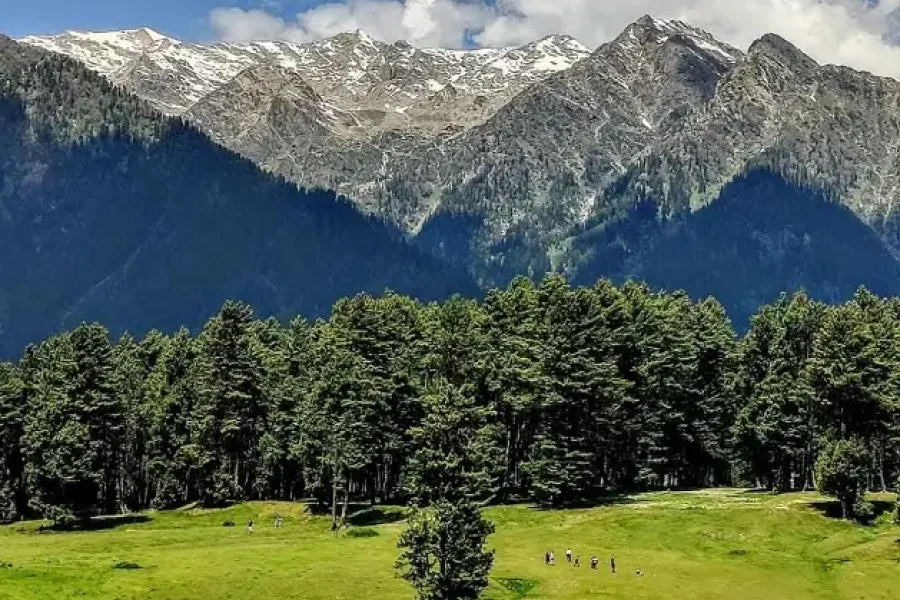
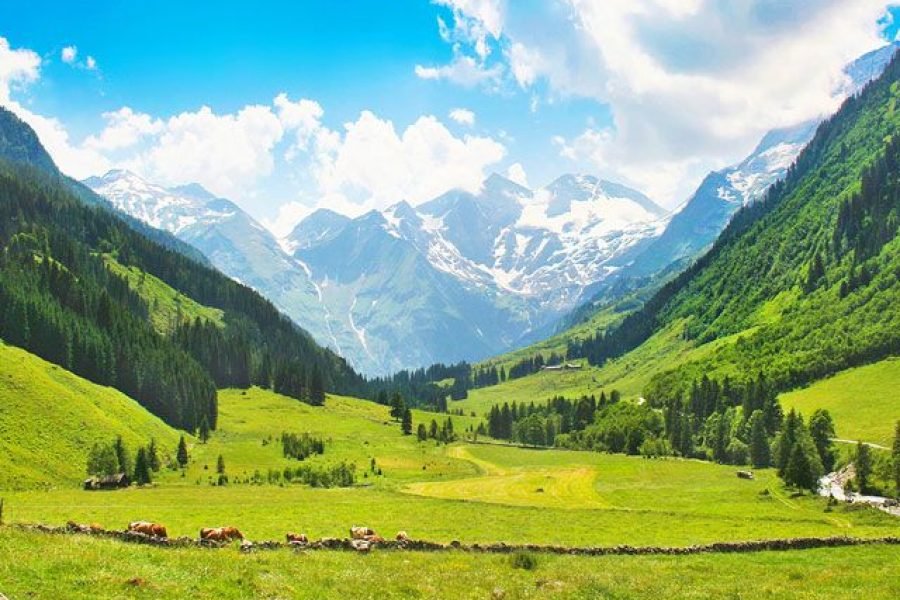
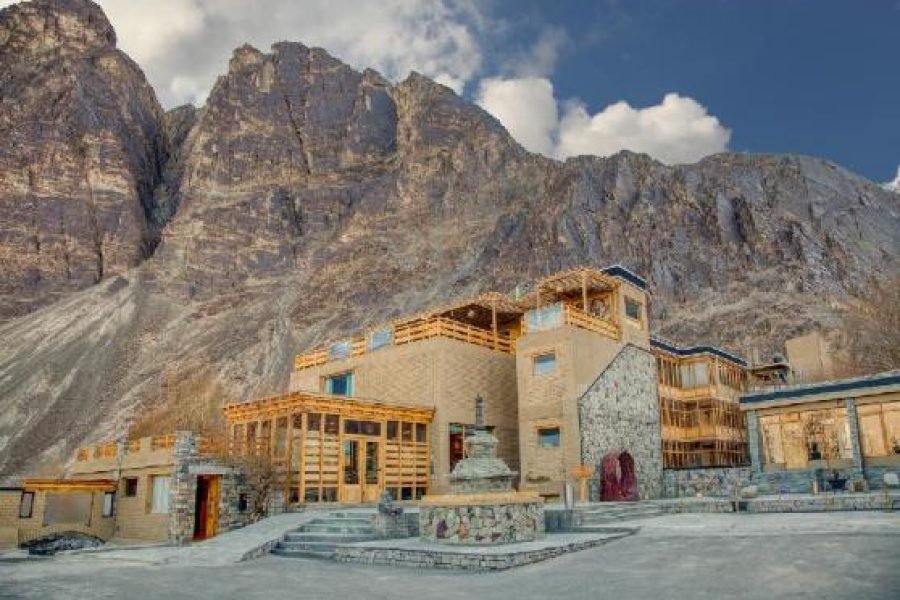
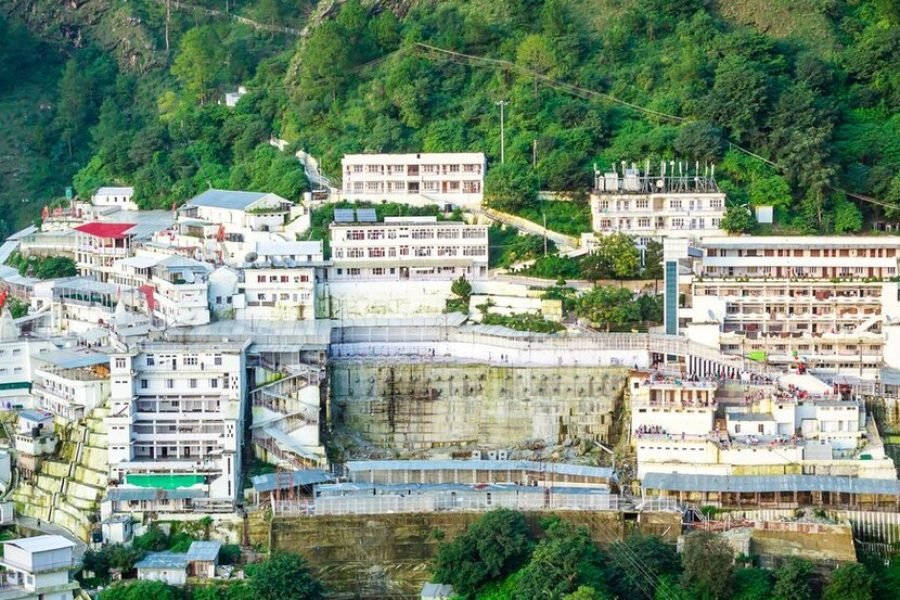
0 Comment